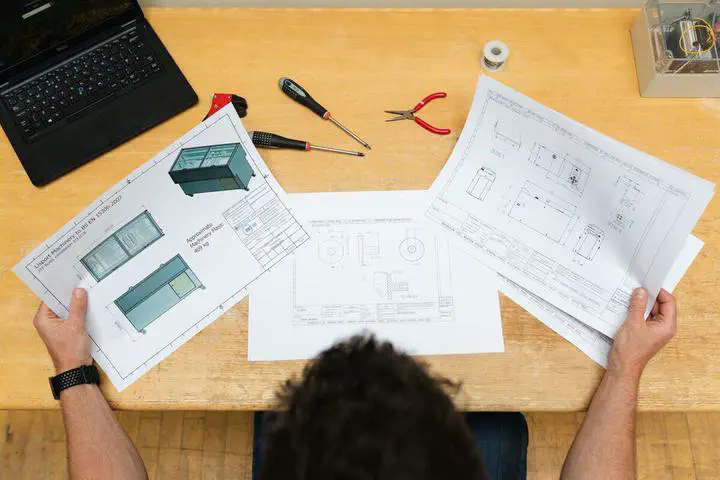New Series: Python for Hardware Engineers

Once upon a time, at McGill University in Mechanical Engineering, I took a course called COMP 208 Computer Programming for Physical Sciences and Engineering.
The goal was to give us future hardware engineers a foundation in programming, to allow us to automate, perform advanced calculations, and solve our engineering problems through code.
They taught me Fortran and C (based on the 1988 version of The C Programming Language). They told me that these were the most important programming languages I’ll ever need. They were wrong…
As part of a new series of posts, I’ll be remedying this past wrong and exploring using Python for typical hardware engineering applications and tasks.
Inspired by my own career and books like Automate the Boring Stuff with Python, I’ll dive into using Python for such topics as:
- Temperature sensors and weather analysis
- Dashboards and data visualization
- Robotics, optimization, and metrology
- And much more!
The objective is to bridge the gap between the needs of hardware engineers and the power that simple, day-to-day coding can unlock.
If you have suggestions for topics or just want to chat, feel free to contact me by email or on Twitter.
